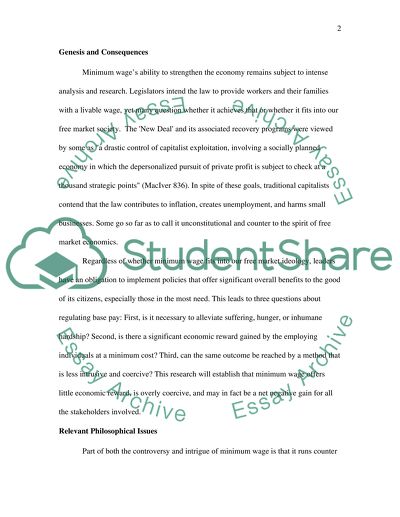Cite this document
(“Microeconomics Term Paper Example | Topics and Well Written Essays - 1500 words”, n.d.)
Microeconomics Term Paper Example | Topics and Well Written Essays - 1500 words. Retrieved from https://studentshare.org/miscellaneous/1554463-microeconomics
Microeconomics Term Paper Example | Topics and Well Written Essays - 1500 words. Retrieved from https://studentshare.org/miscellaneous/1554463-microeconomics
(Microeconomics Term Paper Example | Topics and Well Written Essays - 1500 Words)
Microeconomics Term Paper Example | Topics and Well Written Essays - 1500 Words. https://studentshare.org/miscellaneous/1554463-microeconomics.
Microeconomics Term Paper Example | Topics and Well Written Essays - 1500 Words. https://studentshare.org/miscellaneous/1554463-microeconomics.
“Microeconomics Term Paper Example | Topics and Well Written Essays - 1500 Words”, n.d. https://studentshare.org/miscellaneous/1554463-microeconomics.


